Avowed (Series X): RPG Comfort Food with Flashes of Genius
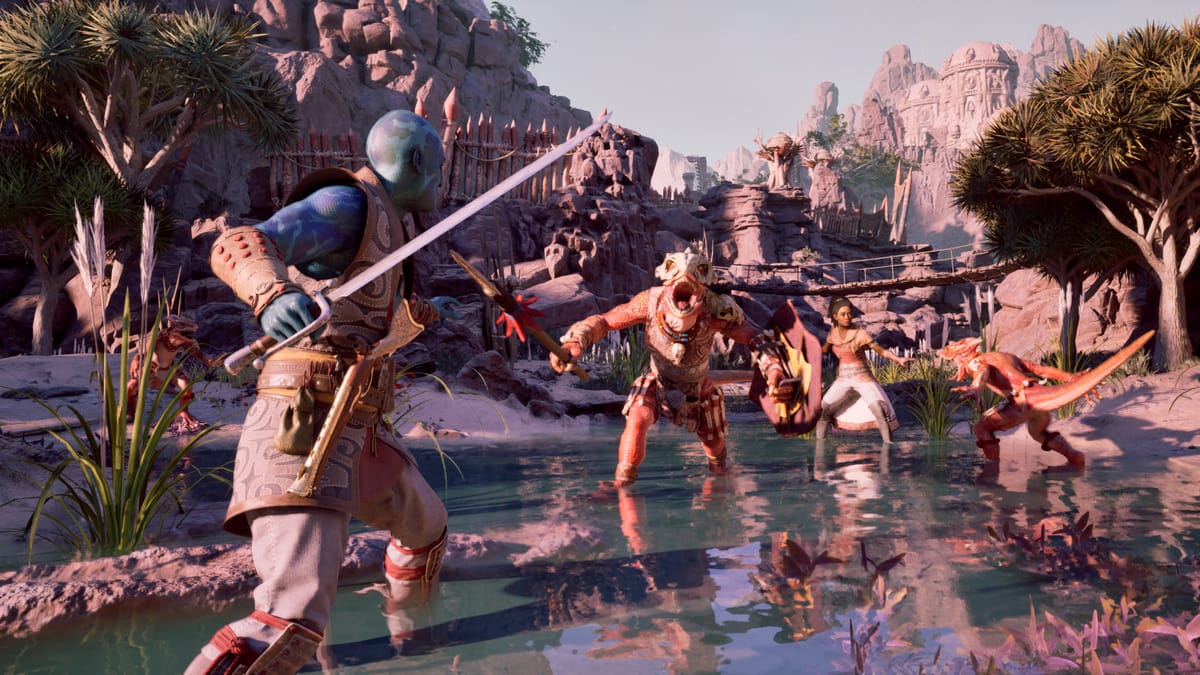
This latest RPG from Obsidian feels very familiar. In reductive terms, it's an amalgamation of a lot of popular, modern Western RPGS. The first person perspective, with a focus on combat and exploration, brings Elder Scrolls to mind (a breezy, colourful fantasy world that's more Oblivion than it is Skyrim); the way companions work is very Mass Effect 2 (pause the combat and use each of your two companions as extra abilities); the open world structure of distinct areas with repeating types of activities is somewhat Witcher 3 coded, if on a smaller scale. In this way, Avowed starts out like comfort food. It's a well executed 'one-of-those', a pleasingly familiar experience that capably provides expected thrills.
Eventually, this feels unfair. Though many elements remain very conventional, the game really finds its own identity through narrative creativity and excellent world building. There are indications from the start that it is at least narratively bold, as the game frames your adventure really fascinatingly. To take a step back, Avowed is set in the same universe as Obsidian's Pillars of Eternity games (CRPGs inspired by infinity engine, and beyond, classics). In this way, there as an echo of the brilliance of the Witcher games, which have the benefit of existing in an already established world. This framework gives a fertile backdrop for bold storytelling. Avowed doesn't waste time laying the table – it doesn't have to. It instead is gifted a fully furnished locale that allows it to dive into more specific and challenging narrative directions. You play as the Envoy, sent to a new part of the world on behalf of your land's Emperor in order to investigate (and hopefully solve) a plague. The stranger in a strange land perspective places your understanding alongside the protagonists, immersively so, and your role allows the game to explore ideas of empire, resistance and colonial histories. You inherently occupy a contentious political position and the locations of Avowed are defined by political schisms. This is complicated further by you being a Godlike, a rare being that everybody will recognise on sight (Godlikes have fungal growths on their face and the character creator makes you engage with this, and encourages you to make these very pronounced). It is all superb setup and the narrative really does make the most of it – to the point that giving more detail would be to spoil many of the game's delights.
It is a dialogue heavy game of decisions and it does this very well. At points, the options you are given feel limited – if fault has to be found. The game certainly only supports a few types of role playing, though gives the impression from the start. There are a few expected arcs but within this there is still a lot of freedom. The writing of the plot and the world is very strong, though the companions aren't a highlight. This is a shame, as games of this ilk usually stand out due to their cast of characters. The gang in Avowed isn't bad, they just aren't special and – though you can go back to camp and talk to them – you may not want to engage with them that much. As gameplay mechanics, they take a while to shine, also. The first two companions you get don't have the most interesting abilities that showcase the combat's strengths and, in general, the abilities that companions have to feel a touch limited (or not overly interesting). The narrative of your character, the political scope of the world and the theological scope of the world are excellent, though. This only gets better as the game goes on and the last third – often when RPGs start to take a dive – is where the game really starts to take off. All the conflict points come together intelligently and you are faced with compelling choices with no right or wrong answers. Impressively, it's often two clear negative paths you have to choose from – where you are left with no wider option – and you are weighing up which you can live with. To add to this, the consequences are often speculative and then you have to play on and realise the weight of what you did. Throughout, choice feels empowered, giving you smart ways to deal with scenarios that are accentuated by your skills and chosen background. Core skills are left to RPG standard stuff, facsimiles for strength, dexterity, etc.. There's no 'persuasion' or 'deception', though your intelligence of perception may open up items. Compellingly, persuasion is more down to you smartly picking options in conversation: scoping out the kind of person you are talking to and trying to appeal to them. It is tried and tested in terms of mechanics – you are picking dialogue options from a prescribed list – but it is masterfully deployed.
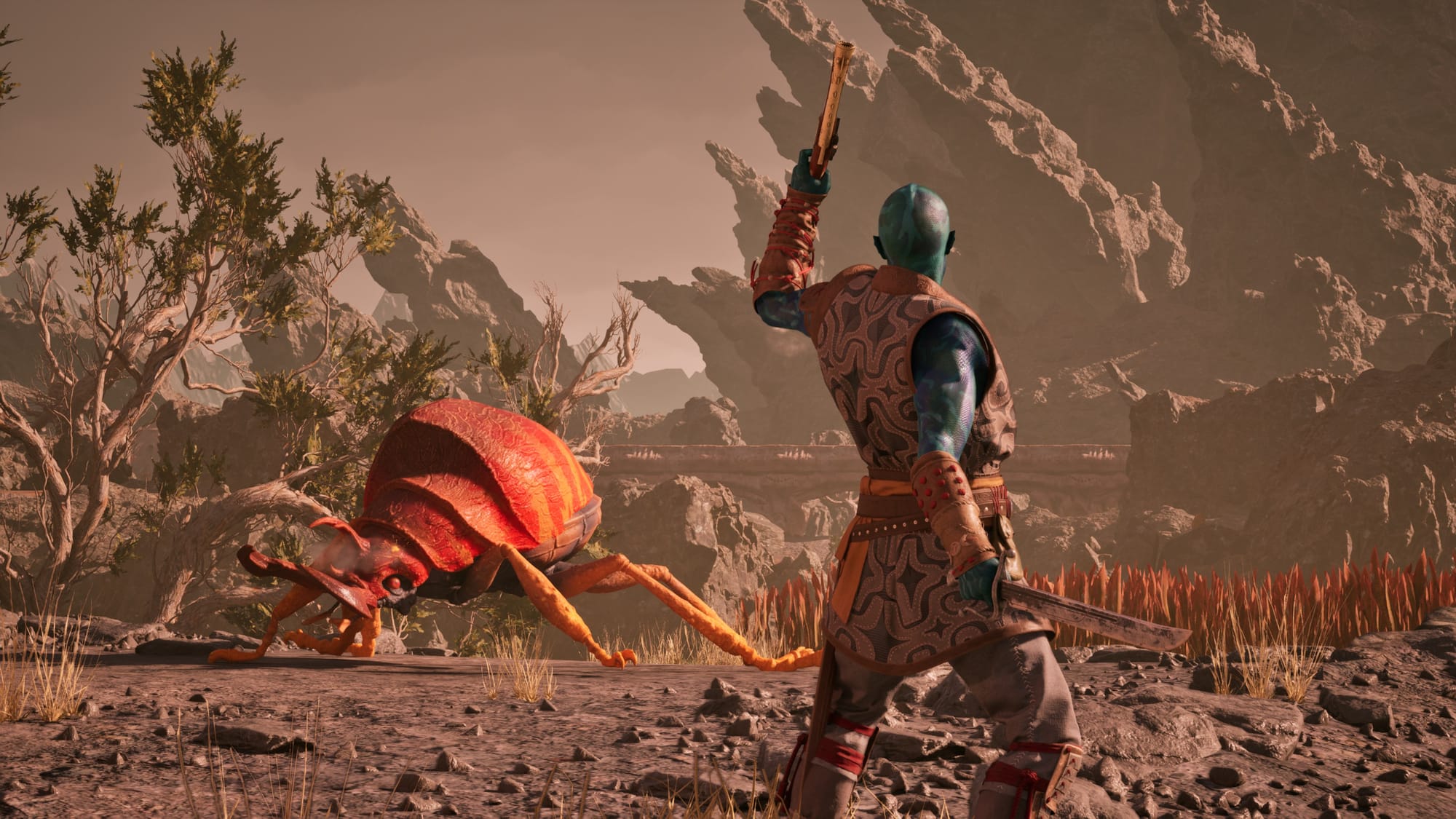
In general, Avowed is defined by being a smart twist on known frameworks. The first person combat, which can feel so floaty and pointless in many other games, feels impactful and satisfying here. You aren't locked to a class but there are defined skill-trees for classes. This means you can dip in and out of them (though, I have to say, the skill trees themselves are quite dull. A lot of the time I felt I was picking something for the sake of it) and this is quite freeing. You have two weapons equipped at any time and can swap between them on the fly. I played through the game primarily with a two-handed sword as my main weapon, but with a bow as back up. Swapping between can feel a bit clunky but combat still feels good. You have the ability to dodge backwards and to the left and right; this, and swinging your sword, is limited by a stamina meter. There's a deliberate rhythm to combat that is always fun. You certainly get much more powerful but combat stays well balanced and nicely intense. It is never particularly difficult, as long as you stay on the levelling curve (which is easily done), but it does demand you play deliberately and be engaged. The approach to weaponry is interesting. You loot bodies and open up chests to find equipment but really you pick one weapon and stick with it. You will never find hundreds of swords, there is a sword that you can level up. There are a handful of unique weapons that you can find – defined by the ability to be enchanted and by having some perks – but even these work the same. There's an upgrade tree where you use resources to move through different levels of quality. Enemies are demarcated by what quality of gear they have and this is what incentivises you to commit. This shifts the loop away from constantly picking up stuff and swapping things out – and spending half your life at merchants – now the loop is picking up materials as you go (each hub area has a handful of unique materials used for levelling up items that functionally replace the ones from the last area) and breaking down the other weapons you find. It keeps you out in the thick of things and makes your gear matter.
Exploration is mostly very fun. There are four hubs that you work through, each a unique biome (it's a video game), that are all beautiful and full of stuff to uncover. Each is a mini open world but they feel very handcrafted and designed. There are lots of clever pathways and every time you go off the beaten path you are rewarded well. You have limited parkour abilities (you can mantle up things) and the world is built to facilitate this. Getting around is enjoyable and the levels are just smartly mapped out with secret areas that take advantage of the verticality. The wider visual design is also stellar. The Living Lands look unique and which each zone feels different, there's a uniting sense of place that ties them together that is sold through art design. However, there's also a roteness at play to the game's loop. Each hub shares the same skeleton: the same amount of new resources; the one hub town; the same amount of bounty missions; the same place you will get side quests; the same number of collectables; the same singular hidden cache location. The list goes on. The first area is the most enjoyable to uncover as everything feels natural and new. A strength of the game is that quests exist out in the world often independent of your starting them. I explored the landmass of the first area almost totally before going to the town where the main mission was and that meant I had accidentally done a lot of bounty quests already (just by killing unique enemies i found) and I had already made progress in some quests that I would have usually had to have started from a quest giver in that town. This is one of the few fluid systems in the game, though. When you go to the second hub world, you then start to see the world as mechanical. You will do the loop again. This is even more pronounced each time and the mechanical nature of the game floats above the diegesis in an alienating way. The last hub is less a place to discover and more a list of parameters you know you will make your way through. Luckily, the quest design itself is still very interesting (and actually gets stronger as the game goes on). The immersive sense of exploration is lost, though, the further you get into the game.
Avowed is a game defined by smart decisions and notable concessions. It's very well scoped, still a decent length (I played in a completionist style that took my playtime to about 40 hours) but contained rather than bloated. This is achieved through some repetition, though, and an even more condensed package that felt less driven by gameplay formula would be preferable. And while it is full of cool tweaks that make things better (you can only set up camp at a few locations, and there are a few things you can only do in camp, but once you've established it you can not only fast travel to it, you can choose to leave straight back to the original place you fast travelled to – that's great!), there are a number of negative quirks. The inability to place waypoints on your map is a persistent annoyance and some pretty static systems is another point of detraction. You will come across barriers that will need a certain damage type to break them but these are functionally pointless. Either a companion can just do that damage type or you pick the type of grenade that does that damage type. There might as well only be one thing as the solution is just a barely different way of doing the same thing and it just adds another level of input annoyance. It's also a missed opportunity as it introduces elements but not really elemental interactions. The systems don't talk to each other and while you can electrocute water, the game isn't built around this. You can only burn very prescribed objects (barriers) and all that ice can do (apart from breaking the one barrier that randomly is broken by ice) is create the same kind of floating platform on water. It just feels very perfunctory and like an emergent gameplay system that was never properly put together. The game would ultimately be better eschewing it and streamlining further.
Narrative wins out, though, alongside propulsive level design and engaging combat. The places the story takes you to, and the interactive role you have in fleshing it out, is really special. It elevates things so much and the sequences towards the end are superlative. Combat is always good and the weapon system is neat. Avowed is really solid, with just a bit too much conventionality or repetition that keeps it from being as special as it could be. Still, it's never not a 'good one of those'. It's always comfort food and, at points, it's a real delicacy.


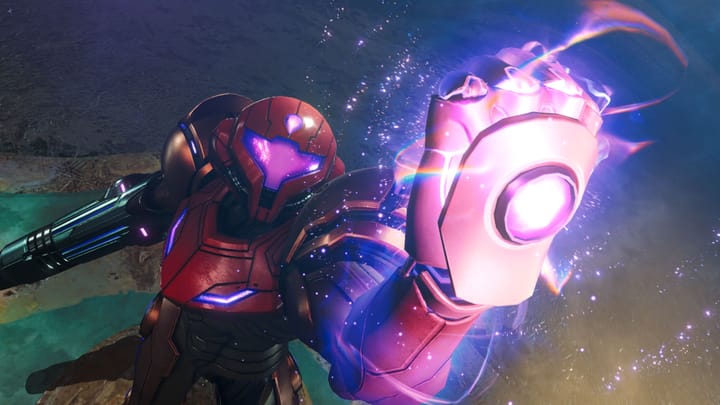
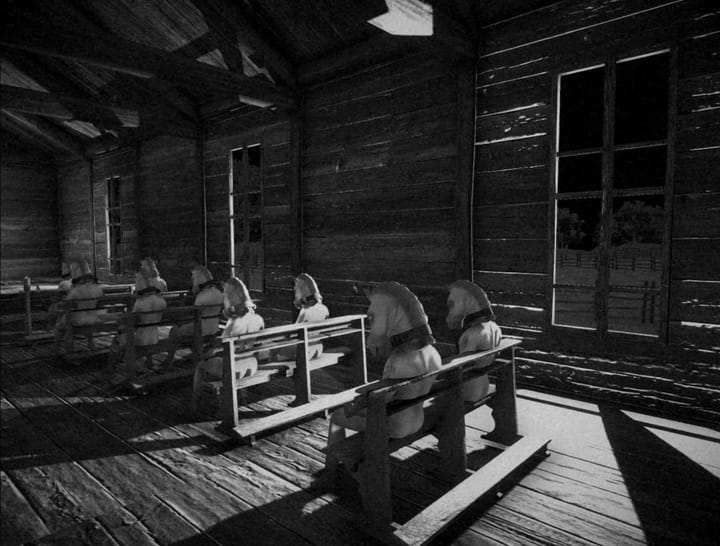
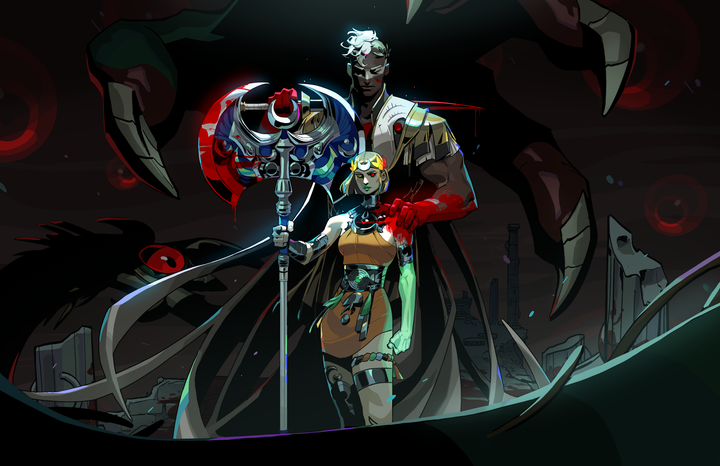
Comments ()